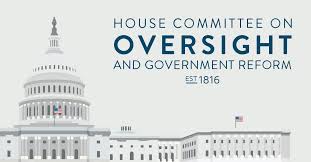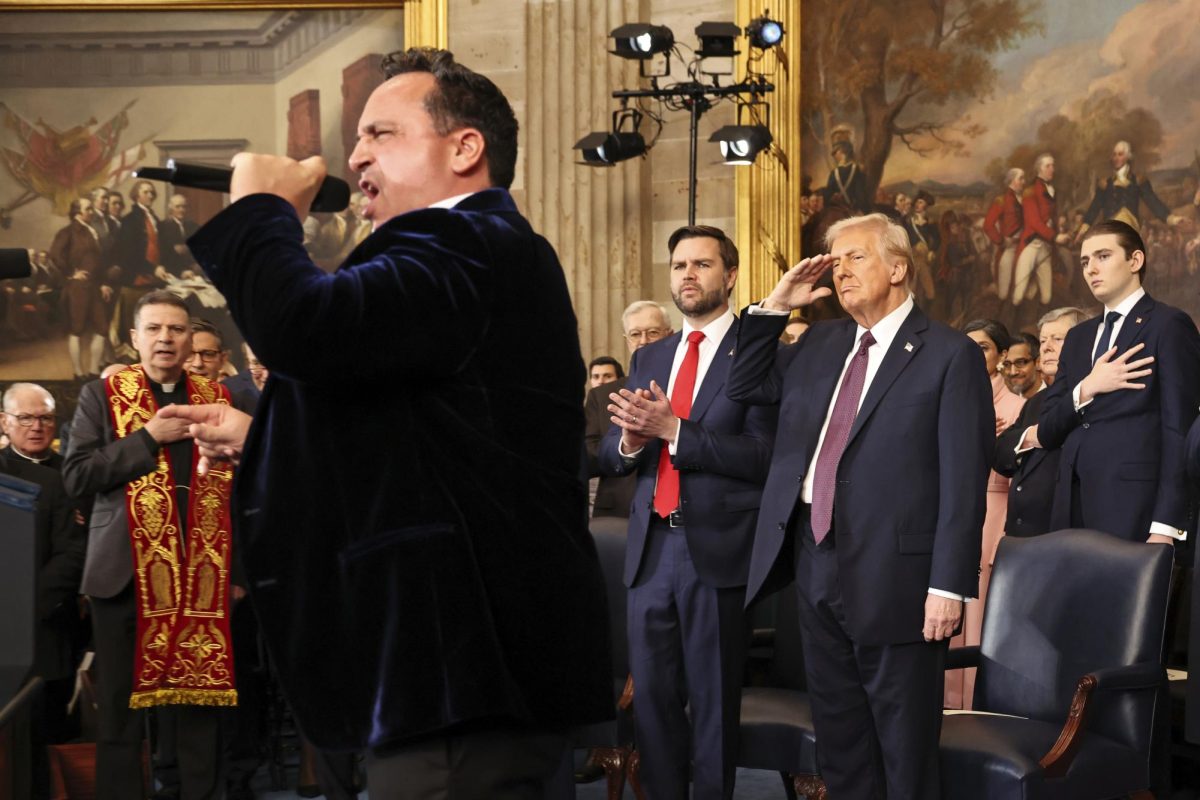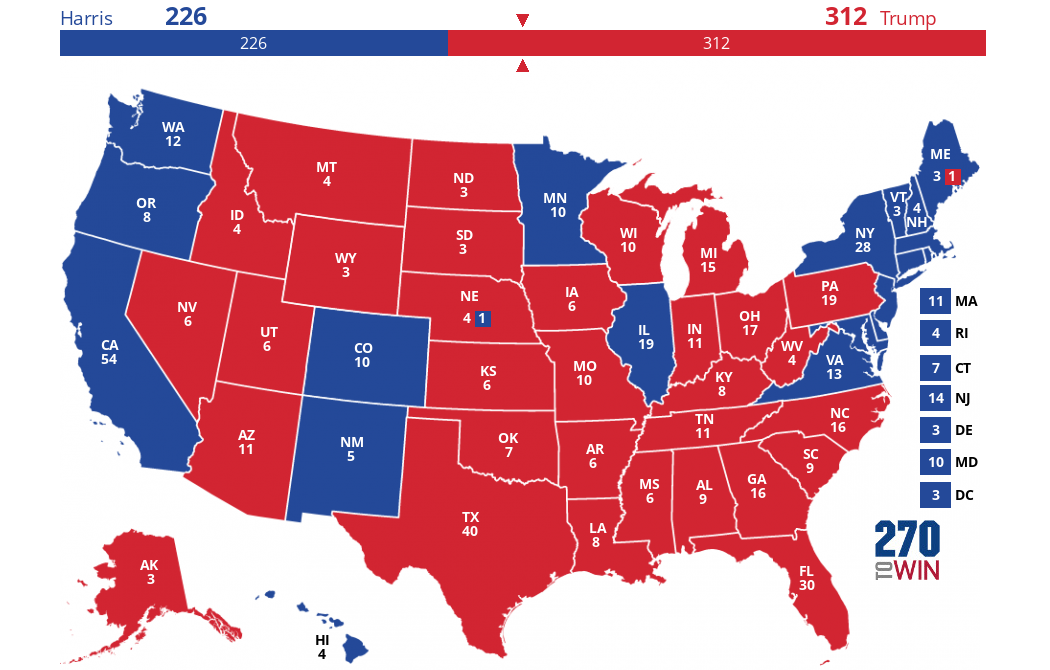Democrats will takeover the House in January with sweeping subpoena authority put in place by Republicans when they thought Hillary Clinton was in line for the presidency. The 2015 rule change allows committee chairs to issue subpoenas without consulting the minority party about the purpose or scope. Prior to that change, House subpoenas required a majority vote from committee members and consultation with the most senior member of the committee. “At the time, they thought [Hillary] Clinton was going to win and they thought they could hamstring her with investigations,” said Dr. Matthew Eshbaugh-Soha, professor and department chair of the political science department at the University of North Texas. “Now the heat is going to ramp up a bit because there’s no incentive for the majority party, come January, to do anything but ask all the questions they want.” Democrats won the House in the midterm election; claiming an additional 32 seats as of Nov. 13. Democrats will head every House committee come 2019. Of the 21 standing committees in the House, 14 of the committees allow for their chairperson to issue subpoenas at their own discretion, according to the Congressional Research Service. Dr. Grant Ferguson, a political science professor at TCU, said in addition to the subpoena power, the Democrats simple majority will give them leverage, and an inherent check while debating legislation. “Democratic and Republican priorities in the budget or continuing resolutions for appropriations are different,” Ferguson said. “In negotiating over them, House Democrats will provide a check on the President and Senate Republicans.” Democrats will have to avoid abusing this newfound power. This is the first time Democrats have held a majority in either chamber since 2012.
Categories:
House shift moves subpoena power to Democrats
Published Nov 13, 2018

Democrats will now be able to choose who chairs the House Oversight and Government Reform Committee come January.
(Photo courtesy of oversight.house.gov)
More to Discover









